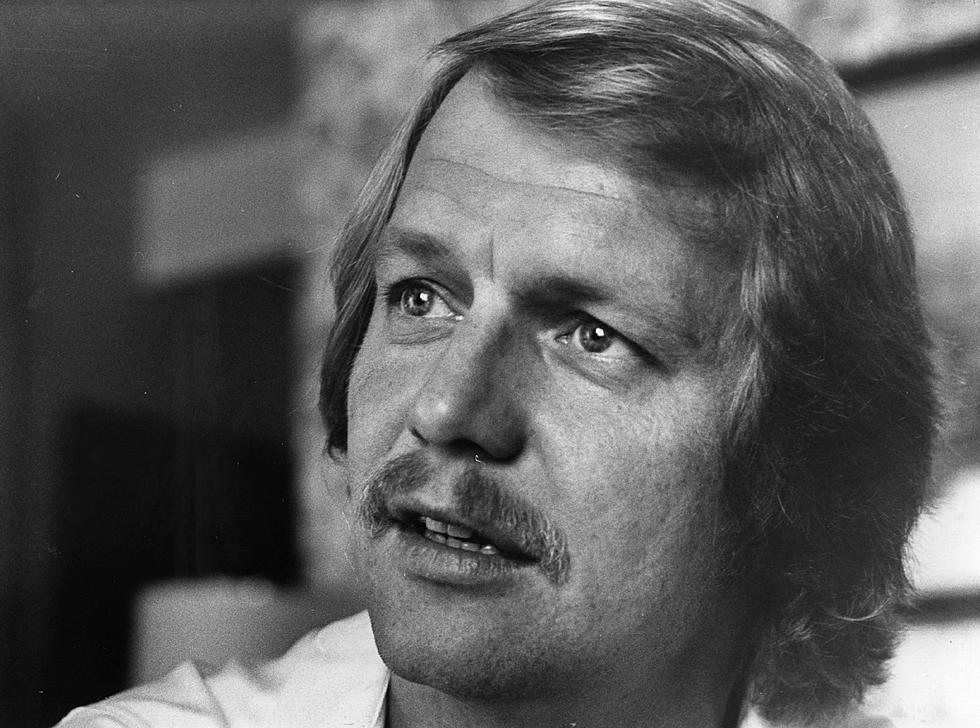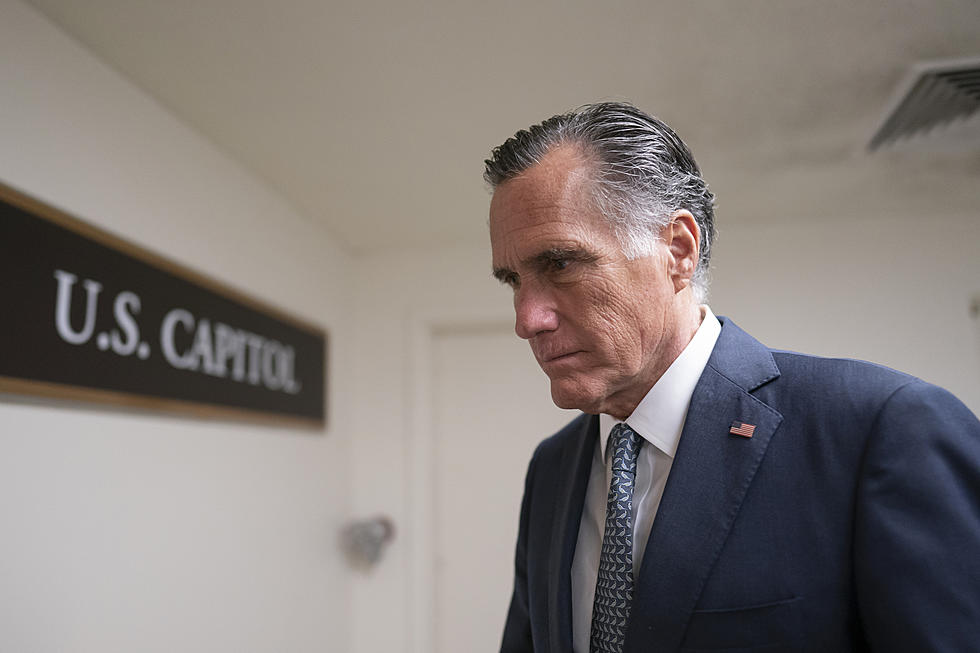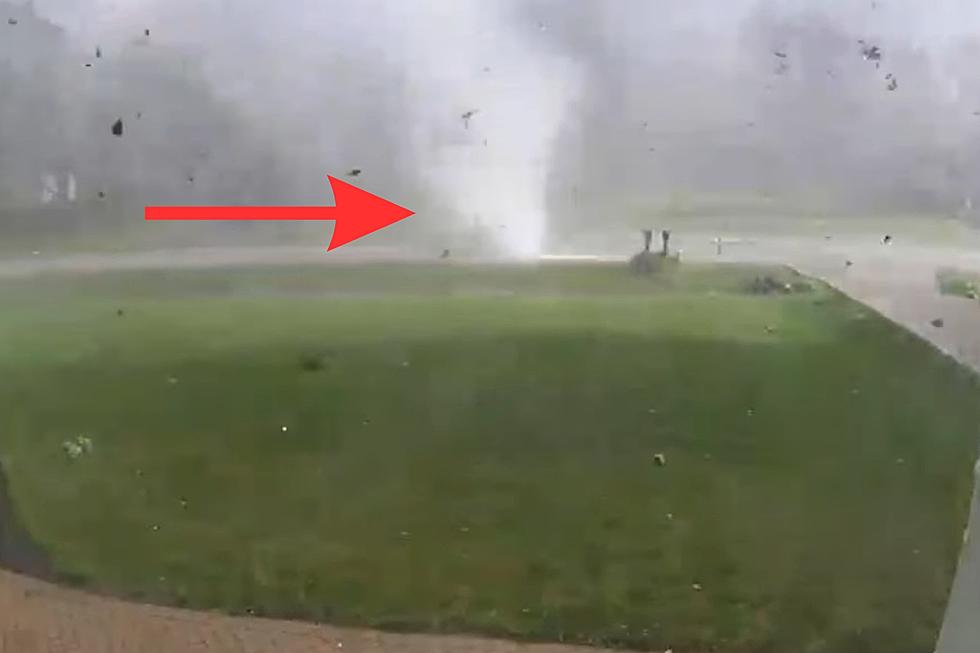
Obama Picks Supreme Court Nominee
WASHINGTON (AP) -- President Barack Obama said Wednesday he would nominate appeals court judge Merrick Garland to the Supreme Court, urging Republicans to approve a long-time jurist and former prosecutor known as "one of America's sharpest legal minds."
Garland, 63, is the chief judge for the United States Court of Appeals for the District of Columbia Circuit, a court whose influence over federal policy and national security matters has made it a proving ground for potential Supreme Court justices.
He would replace conservative, Justice Antonin Scalia, who died last month, leaving behind a bitter election-year fight over the future of the court.
Obama held up Merrick as diligent public servant, highlighting his work leading the investigation into the Oklahoma City bombing. He quoted past praise for Garland from Chief Justice John Roberts and Sen. Orrin Hatch. And he said Garland's talent for bringing together "odd couples" made him a consensus candidate best poised to become an immediate force on the nation's highest court.
If confirmed, Garland would be expected to align with the more liberal members, but he is not viewed as down-the-line liberal. Particularly on criminal defense and national security cases, he's earned a reputation as centrist, and one of the few Democratic-appointed judges Republicans might have a fast-tracked to confirmation - under other circumstances.
For Obama, Garland represents a significant departure from his past two Supreme Court choices. In nominating Sonia Sotomayor and Elena Kagan, the president eagerly seized the chance to broaden the court's diversity and rebalance the overwhelming male institution. Sotomayor was the first Hispanic confirmed to the court, Kagan only the fourth woman.
Garland - a white, male jurist with an Ivy League pedigree and career spent largely in the upper echelon of the Washington's legal elite - breaks no barriers. At 63 years old, he would be the oldest Supreme Court nominee since Lewis Powell, who was 64 when he was confirmed in late 1971.
A native of Chicago and graduate of Harvard College and Harvard Law School, Garland clerked for two appointees of Republican President Dwight D. Eisenhower - the liberal U.S. Supreme Court Justice William Brennan Jr. and Judge Henry J. Friendly, for whom Chief Justice John Roberts also clerked.
In 1988, he gave up a plush partner's office in a powerhouse law firms to cut his teeth in criminal cases. As an assistant U.S. attorney, he joined the team prosecuting a Reagan White House aide charged with illegal lobbying and did early work on the drug case against then-D.C. Mayor Marion Barry. He held a top-ranking post in the Justice Department when he was dispatched to Oklahoma City the day after bombing at the federal courthouse to supervise the investigation. The case made his career and his reputation. He oversaw the convictions of Timothy McVeigh and Terry Nichols, and went on to supervise the investigation into Unabomber Ted Kaczynski.
President Bill Clinton first nominated him to the D.C. Circuit in 1995.
His prolonged confirmation process may prove to have prepared him for the one ahead. Garland waited 2½ years to win confirmation to the appeals court. Then, as now, one of the man blocking path was Iowa Sen. Charles Grassley, argued he had no quarrel with Garland's credentials, but a beef with the notion of a Democratic president trying to fill a court he argued had too many seats.
Grassley ultimately relented, although he was not one of the 32 Republicans who voted in favor of Garland's confirmation. Nor was Sen. Mitch McConnell, the other major hurdle for Garland now. The Republicans who voted in favor of confirmation are Sen. Dan Coats, Sen. Thad Cochran, Sen. Susan Collins, Sen. Orrin Hatch, Sen. Jim Inhofe, Sen. John McCain, and Sen. Pat Roberts.
More From KROC-AM









